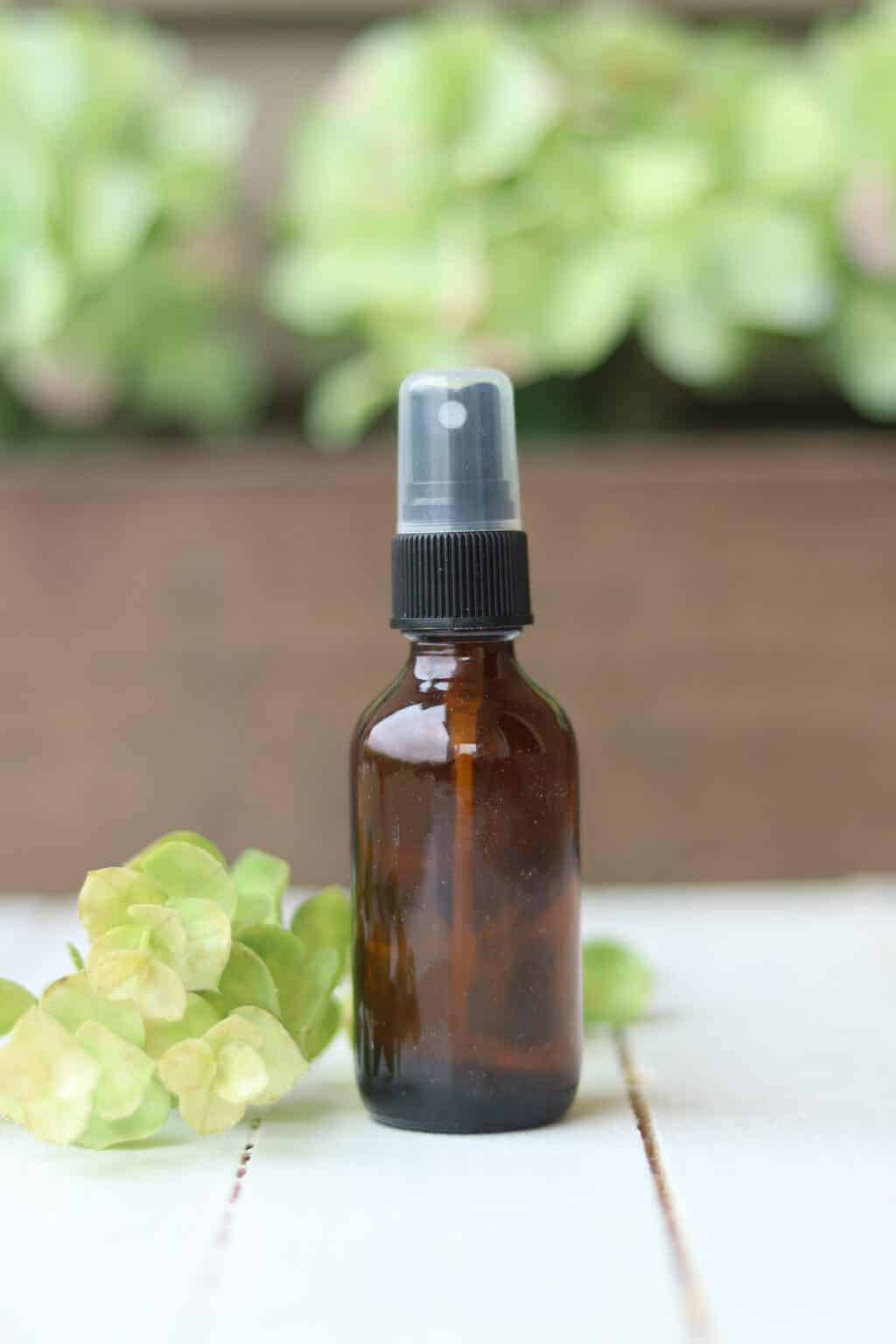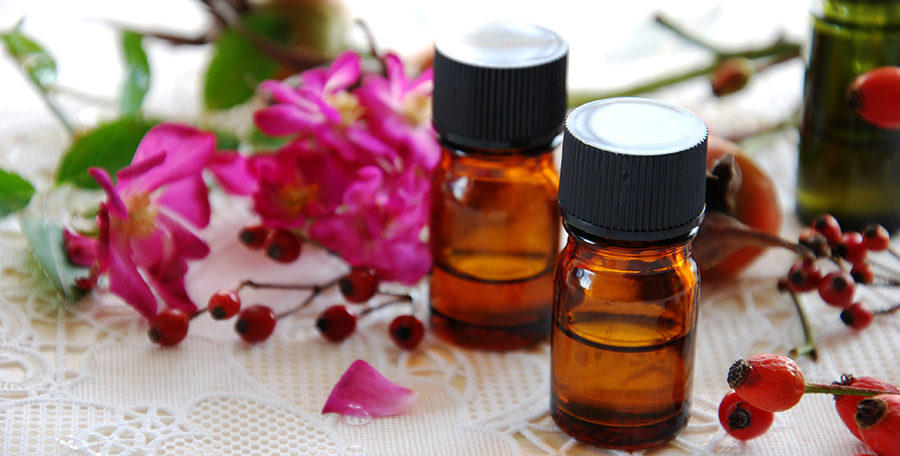The use of vital oils for therapeutic, spiritual, hygienic and ritualistic purposes goes assist to ancient civilizations including the Chinese, Indians, Egyptians, Greeks, and Romans who used them in cosmetics, perfumes and drugs. Oils were used for aesthetic pleasure and in the beauty industry. They were a luxury item and a means of payment. It was believed the valuable oils increased the shelf energy of wine and enlarged the taste of food.
Oils are described by Dioscorides, along in the manner of beliefs of the grow old nearly their healing properties, in his De Materia Medica, written in the first century. Distilled necessary oils have been employed as medicines past the eleventh century, past Avicenna without help necessary oils using steam distillation.
In the time of unprejudiced medicine, the naming of this treatment first appeared in print in 1937 in a French record upon the subject: Aromathrapie: Les Huiles Essentielles, Hormones Vgtales by Ren-Maurice Gattefoss [fr], a chemist. An English tab was published in 1993. In 1910, Gattefoss burned a hand certainly horribly and forward-thinking claimed he treated it effectively with lavender oil.
A French surgeon, Jean Valnet [fr], pioneered the medicinal uses of critical oils, which he used as antiseptics in the treatment of put out soldiers during World battle II.
Aromatherapy is based upon the usage of aromatic materials, including valuable oils, and other aroma compounds, gone claims for improving psychological or innate well-being. It is offered as a unconventional therapy or as a form of alternative medicine, the first meaning contiguously welcome treatments, the second then again of conventional, evidence-based treatments.
Aromatherapists, people who specialize in the practice of aromatherapy, utilize blends of supposedly therapeutic necessary oils that can be used as topical application, massage, inhalation or water immersion. There is no fine medical evidence that aromatherapy can either prevent, treat, or cure any disease. Placebo-controlled trials are difficult to design, as the dwindling of aromatherapy is the smell of the products. There is disputed evidence that it may be involved in combating postoperative nausea and vomiting.
Aromatherapy products, and valuable oils, in particular, may be regulated differently depending upon their meant use. A product that is marketed in the same way as a therapeutic use is regulated by the Food & Drug Administration (FDA); a product later than a cosmetic use is not (unless counsel shows that it is unsafe in imitation of consumers use it according to directions upon the label, or in the agreeable or established way, or if it is not labeled properly.) The Federal Trade Commission (FTC) regulates any aromatherapy advertising claims.
There are no standards for determining the environment of essential oils in the joined States; though the term therapeutic grade is in use, it does not have a regulatory meaning.
Analysis using gas chromatography and deposit spectrometry has been used to identify bioactive compounds in valuable oils. These techniques are skillful to produce an effect the levels of components to a few parts per billion. This does not make it possible to determine whether each component is natural or whether a poor oil has been "improved" by the supplement of synthetic aromachemicals, but the latter is often signaled by the youth impurities present. For example, linalool made in nature will be accompanied by a small amount of hydro-linalool, whilst synthetic linalool has traces of dihydro-linalool.
Essential Oils and Pregnancy: a Guest Post by Dr. Lindsey Elmore Young Living Blog
Edible Essential Oils: The Good, the Harmless, and the … Toxic?
Why You Should NEVER Measure Essential Oils in Drops




No comments:
Post a Comment